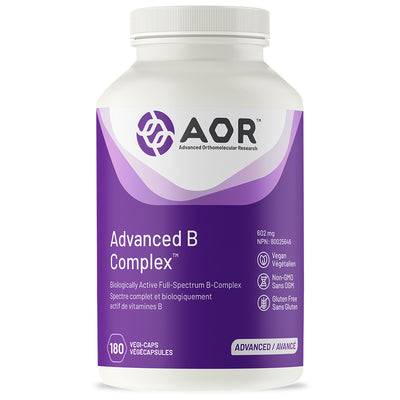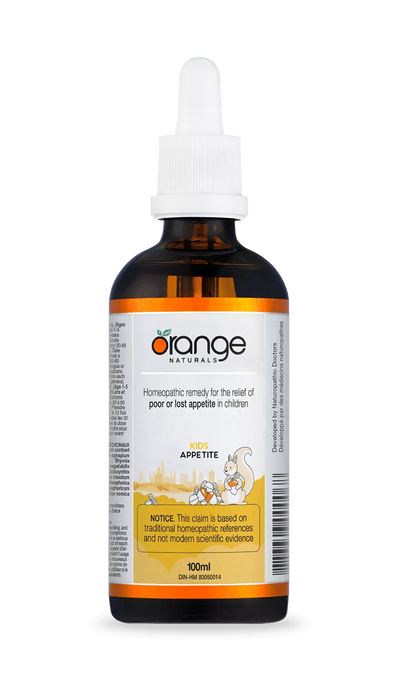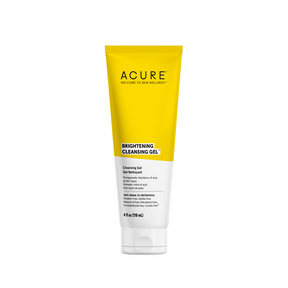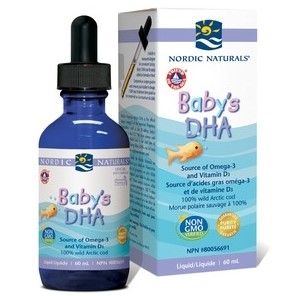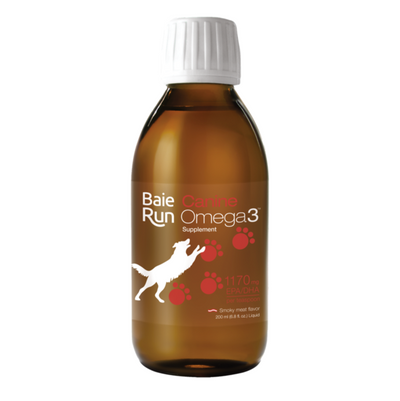Nourishing Your Skin - 5 Tips for Managing Eczema
Reviewed by Aleksandra Morgan, CNPEczema is a chronic inflammatory skin condition and a source of discomfort and frustration for those who suffer from it. While there is no simple solution, managing eczema involves a multifaceted approach that includes skincare, lifestyle modifications, and often, dietary considerations. In this blog post, we'll explore the complex relationship between eczema and nutrition, and how making mindful dietary choices can potentially alleviate symptoms and improve overall skin health from the inside out.
Understanding Eczema
Eczema is a skin condition influenced by genetics, environment, and immune system function. While the exact cause is not fully understood, conditions such as a compromised skin barrier, immune system dysfunction, and inflammation play key roles in eczema development and flare-ups.
Emerging research suggests that the gut-skin axis plays a crucial role in the development and management of eczema. By addressing gut health through dietary modifications, probiotic supplementation, and lifestyle changes, we can improve symptoms of eczema from the inside out. Incorporating nutrient-dense foods that support gut health, such as fiber-rich fruits and vegetables, fermented foods like yogurt and kimchi, and omega-3 fatty acids from sources like fatty fish and flaxseeds, can help promote a balanced gut microbiome and reduce inflammation systemically.
Additionally, managing stress levels, getting regular exercise, and prioritizing adequate sleep all contribute to overall gut health and eczema management. By adopting a holistic approach that considers both internal and external factors influencing eczema, we can take proactive steps towards achieving healthier skin, fewer eczema flare-ups, and improved quality of life.
Diet can play a significant role in managing eczema symptoms. Certain foods may trigger flare-ups or worsen existing symptoms in some individuals.
Foods to Avoid with Eczema
-
Inflammatory Foods: Certain foods high in inflammatory compounds, such as processed foods, refined sugars, and trans fats, have been linked to worsening inflammation in the body, potentially exacerbating eczema symptoms. These foods may trigger an immune response that contributes to skin irritation and flare-ups.
-
Food sensitivities: Eczema is often associated with food sensitivities, particularly in children. Common trigger foods such as cow's milk, eggs, soy and wheat may trigger or worsen eczema symptoms in susceptible individuals. Identifying and eliminating these eczema trigger foods from the diet can help manage symptoms.
- Food Additives: Certain food additives and preservatives, such as sulfites, artificial colors, and flavorings, have been linked to eczema symptoms as well. Reading food labels and choosing products with minimal additives is a good way to minimize exposure to these possible eczema triggers.
Tips to Manage Eczema and Prevent Flare-Ups
- Eat Anti-inflammatory and Omega-3 rich Foods: Anti-inflammatory and omega-3 rich foods can help reduce inflammation throughout the body, and alleviate eczema symptoms. Foods rich in omega-3 fatty acids are fatty fish (salmon, mackerel, sardines), flaxseeds, chia seeds, and walnuts. It is not always easy to get a therapeutic amount of these essential fatty acids (EFAs) in our diet, so supplementation can help bridge that gap. Here are examples of Omega 6 from evening primrose oil and Omega 3 from fish oil, both beneficial for skin health:
- Turn to Antioxidant-Rich Foods: Antioxidants play a crucial role in protecting our skin from oxidative stress and inflammation. Incorporating a variety of colorful fruits and vegetables, such as berries, spinach, kale, and sweet potatoes into the diet provides essential vitamins ( like the antioxidants vitamin C & vitamin E) and phytonutrients that support skin health.
-
Get Enough Probiotics: Emerging research suggests there is a link between gut health and eczema. Probiotics, beneficial bacteria that promote gut health, may help modulate the immune system and reduce inflammation, thereby improving eczema symptoms. Probiotic-rich foods include yogurt, kefir, kimchi, and sauerkraut.
If you are not able to get enough probiotics from your diet, supplements are a great way to introduce a variety of probiotic strains. For example, CYTO-MATRIX MULTI-STRAIN 11 features 11 Billion of 9 different studied probiotic strains.
-
Try Internal Herbal Remedies: herbs like Burdock, Oregon Grape, Yellow Dock, Echinacea, Sarsaparilla, Nettle, Cleavers, Blue Flag, and Cascara, have traditionally been used to help manage eczema due to their anti-inflammatory, detoxifying and immune-modulating properties. FRANCIS HERB FARM CLEAR GLOW is one of our favorite oral herbal remedies that support skin health.
-
Apply topical herbal remedies: Certain herbs incorporated into topical salves and creams can help soothe itchiness, irritation, redness and inflammation of the skin during eczema flare-ups. In addition, keeping your skin well-moisturized is essential for soothing dryness and reducing itching and irritation.
EMUAID EMUAIDMAX FIRST AID OINTMENT provides rapid relief and intensive treatment for difficult-to-treat skin conditions, such as eczema, cold sores, and more.
FRANCIS HERB FARM SKIN HEALING SALVE is designed for skin conditions like psoriasis, eczema, and rashes.This natural, topical remedy provides relief from skin irritation and itching, and promotes wound healing.
While eczema can be challenging to manage, adopting a holistic approach that includes dietary modifications, natural treatments, and lifestyle interventions can help alleviate symptoms and support overall skin health. A healthcare provider or dermatologist can provide personalized guidance and treatment recommendations tailored to your individual needs. For more holistic, inside-out skin care options, visit our AESTHETICS & DERMATOLOGY collection - curated for dermatology professionals and skin health enthusiasts alike.
Remember, consistency and patience are key when managing eczema, and nourishing your skin from the inside out can make a meaningful difference in your overall well-being.
Disclaimer: The information provided in this blog is for educational purposes only and should not be considered as a substitute for professional medical advice, diagnosis, or treatment. Always seek the guidance of a qualified healthcare provider regarding any medical condition, dietary changes, or supplementation.



